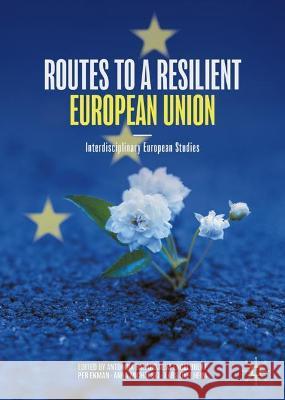Routes to a Resilient European Union: Interdisciplinary European Studies » książka
topmenu
Routes to a Resilient European Union: Interdisciplinary European Studies
ISBN-13: 9783030931643 / Angielski / Twarda / 2022
Routes to a Resilient European Union: Interdisciplinary European Studies
ISBN-13: 9783030931643 / Angielski / Twarda / 2022
cena 442,79
(netto: 421,70 VAT: 5%)
Najniższa cena z 30 dni: 424,07
(netto: 421,70 VAT: 5%)
Najniższa cena z 30 dni: 424,07
Termin realizacji zamówienia:
ok. 22 dni roboczych.
ok. 22 dni roboczych.
Darmowa dostawa!
Kategorie BISAC:
Wydawca:
Springer Nature Switzerland AG
Język:
Angielski
ISBN-13:
9783030931643
Rok wydania:
2022
Wymiary:
21.0 x 14.8
Oprawa:
Twarda
Dodatkowe informacje:
Wydanie ilustrowane











